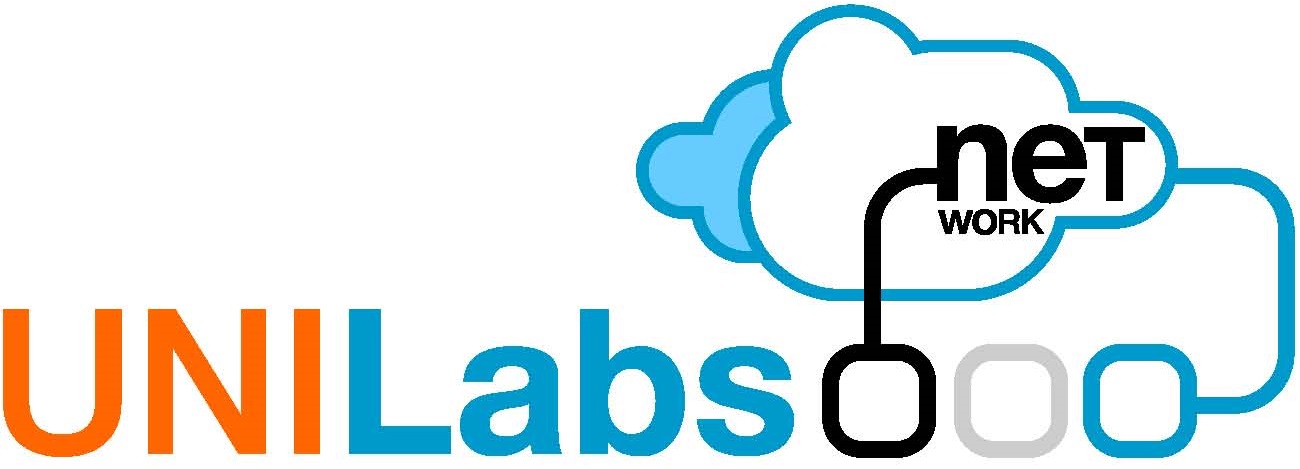55five
The Essential Role of Court Reporters in the Legal System
Court reporters play a crucial role in the judicial process, ensuring an accurate and verbatim record of legal proceedings. Often referred to as stenographers or guardians of the record, these professionals capture every spoken word, gesture, and auditory detail during trials, depositions, hearings, and other legal events. Their work is indispensable for maintaining transparency, upholding due process, and facilitating appeals or case reviews. Without court reporters, the legal system would struggle to preserve an official record, leading to potential miscarriages of justice.
What Do Court Reporters Do?
Court reporters use specialized tools, such as stenotype machines, voice writing systems, or digital recording equipment, to transcribe speech in real time. Stenographers, the most common type of court reporter, press multiple keys simultaneously to represent syllables, words, or phrases, allowing them to keep up with fast-paced dialogue. Voice writers, on the other hand, speak into a voice mask that records their narration of proceedings, which is later transcribed. Regardless of the method, the goal remains the same: to create a precise, word-for-word transcript that can be used by judges, attorneys, and other legal professionals.
Beyond courtroom duties, court reporters also work in depositions, arbitration sessions, and legislative hearings. Some specialize in closed captioning for live broadcasts, ensuring accessibility for the deaf and hard-of-hearing community. Others provide Communication Access Real-Time Translation (CART) services for educational or corporate settings, displaying live text for individuals who need immediate transcription.
Why Are Court Reporters Important?
Legal Accuracy & Appeals – Appellate courts rely on transcripts to review cases. Any error or omission could affect the outcome, making the court reporter’s precision vital.
Time Efficiency – Lawyers and judges often refer to past testimony, and having an official record saves time compared to relying on memory or unofficial notes.
Transparency & Accountability – A certified transcript ensures all parties are held accountable for their statements, preventing disputes over what was said.
Accessibility – Real-time transcription services allow individuals with hearing impairments to participate fully in legal and public events.
How to Become a Court Reporter
Becoming a court reporter requires specialized training, certification, and attention to detail. Most professionals complete a court reporting program at a vocational school or community college, where they learn stenography, legal terminology, and transcription software. Many states require certification, such as the Registered Professional Reporter (RPR) credential from the National Court Reporters Association (NCRA). Some court reporters pursue additional certifications in real-time reporting or broadcast captioning to expand their career opportunities.
The Future of Court Reporting
Despite advancements in AI and speech recognition, human court reporters remain irreplaceable. Automated systems struggle with accents, overlapping speech, and legal jargon, whereas trained professionals ensure accuracy and context. However, technology has enhanced the field—many court reporters now use AI-assisted software to streamline transcription while maintaining human oversight for quality control.
Conclusion
Court reporters are the unsung heroes of the legal system, safeguarding the integrity of judicial records. Their expertise ensures fairness, efficiency, and accessibility in legal proceedings. As technology evolves, their role adapts, but the demand for skilled court reporters remains strong. Whether in courtrooms, depositions, or live broadcasts, their work upholds justice and keeps the legal process running smoothly.
